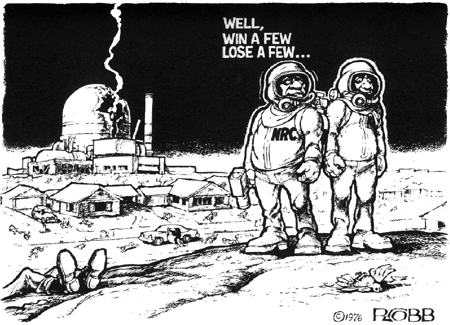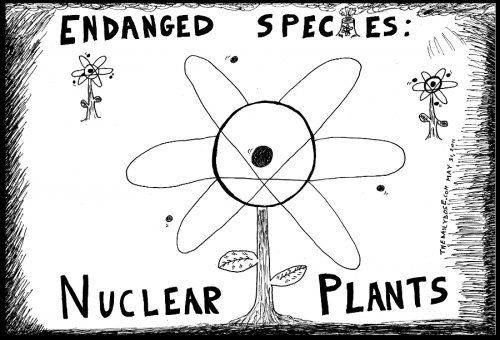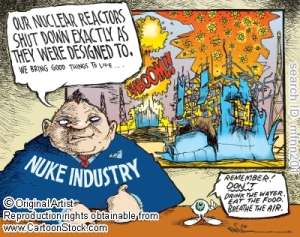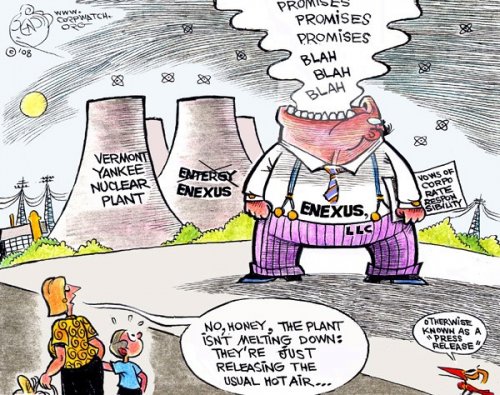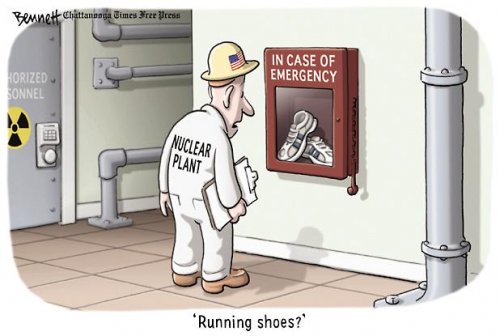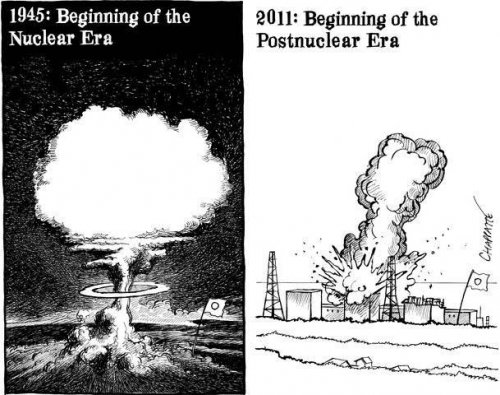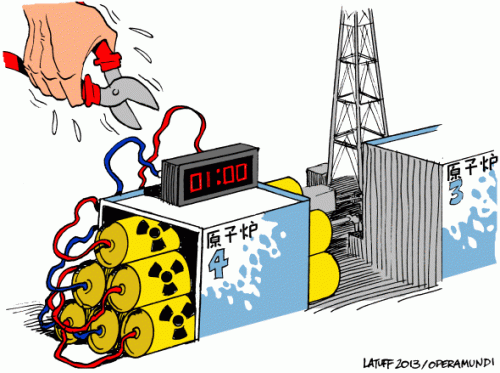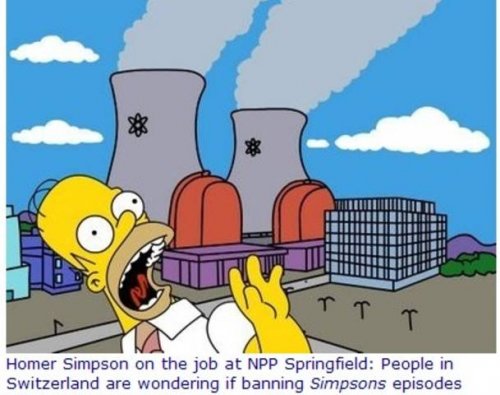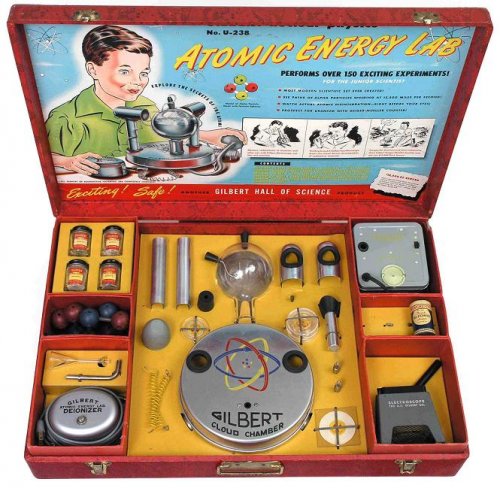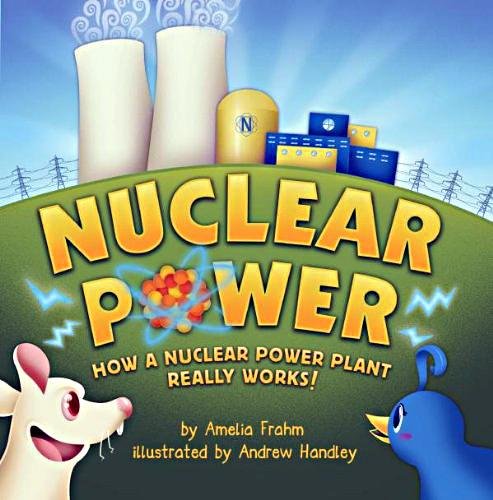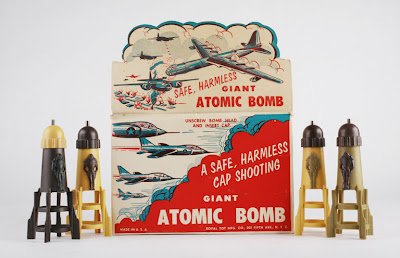Orionblamblam said:
Kadija_Man said:
Orionblamblam said:
Kadija_Man said:
I am sorry, I don't share your enthusiasm for nuclear weapons.
Then presumably your enthusiasm is for once-a-generation spasms of worldwide conventional war that kill tens of millions. Nukes put an end to that.
They may but does that mean though I must be
enthusiastic about them to the point of ignoring the very real dangers they also represent as well as the uses you proposed?
If you have an issue with me calling you enthusiastic about a nuclear-free world and its inevitable and obvious consequences, why do you call me enthusiastic about nuclear weapons?
Consequences which you believe would result, not I. I don't think that it is nuclear weapons which have preserved the peace. I agree wholeheartedly with Ronald Reagan when he said, "“A nuclear war cannot be won and must never be fought. The only value in our two nations possessing nuclear weapons is to make sure they will never be used. But then would it not be better to do away with them entirely?” His view was that they created a climate of fear and uncertainty.
You, OTOH appear to be willing to accept risks with radiation which no sensible person would. You also seem at various times to relish, even hope for the use of nuclear weapons, often merely to eliminate people who hold different political opinions to yourself.
So get governments out of the business of commercial nuclear powerplants. The less government meddling, the better.
Another who appears to desire little or no regulation of the nuclear industry.
Yet another totalitarian collectivist who cannot understand the difference between "minimize meddling" with "no law at all." Typical.
You routinely make no differentiation, so is it surprising that I am confused by your comments? You didn't qualify your comment, you merely implied all regulation.
Government is not in the business of sellign soda pop or beer, yet provides adequate regulation. Unlike with the nuclear industry, regulation of soda and beer is reasonable rational, such that the businesses that do provide them do so in a way that provides good profit and allows for growth. Soda and beer providers feel free to experiment with new products with little fear of government regulators coming in and holding things up for *decades,* unlike the nuclear industry. Yet if soda and beer providers produce a tainted or dangerous product (see NOTE below), government regulations are in place and sufficient to provide serious legal repercussions and enforcement of changes.
NOTE: both soda and beer kill more people annually than nuclear power plants have *ever.*
Perhaps this is the problem with Government control of the nuclear industry, as I originally pointed out? Looks to me like you don't trust government. Neither do I in nuclear matters yet you attack me for saying I also don't trust private industry because of it's appalling past record where nuclear matters are concerned. For a method of producing energy which can potentially and has affected millions of people, you are incredibly blase' about it.
Governments might not be directly involved in the production of beer and "soda", but it does heavily regulate it. Methods, ingredients, additives all must be approved by government before they can be sold. Why not nuclear energy? Why are you so willing to allow companies to take risks with your health. Tell me, would you prefer a situation like China, where Government regulation is lax and Companies routinely add chemicals to foodstuffs which poison their customers or a situation like your own country where the FDA creates regulation which it routinely checks and enforces on producers? The China of today is the sort of situation you appear to thirst for. Almost unlimited capitalism, little or no regulation which is enforced and companies showing just how little respect they have for their customers or workers.
Government regulation of Nuclear Power was created because their was a demand for it. it wasn't done on a whim.
The social responsibility of a business *is* to make a profit. If it doesn't, things don't get better. Jobs aren't created. Civilization doesn't advance. The serfs stay in thrall to their lord.
See what I mean? You would ignore the social responsibility of a business in favour of an over-riding profit motive.
Once again: "potato." If a business focuses on profit, then it is focusing on its highest social responsibility. So how can it ignore what it is focused on?
No, if it focuses on profit, all it is doing is making money for its owners/shareholders and ignoring what damage it may well be doing to society and the land. It shouldn't be either/or. It should be both. The emphasis though, IMO should be, social responsibility. Make money but don't exploit anybody in doing so. Don't pollute the land, don't make dangerous products, don't harm anybody or anything. Create a better world. Don't create a worse one.
We've seen in the past during the Industrial Revolution when profit was king and there was no regulation, no acceptance of social responsibility. Workers were exploited, customers ignored, dangerous, polluting production methods employed, safety ignored. It was because of that that regulation of industry grew up. Governments reacted to a perceived need to protect peoples, lands, resources. Without that, we'd still have kids in the mills and mines, polluted air/water/land, tenement living, no health care, etc. Something it appears you'd be happy with, all in the name of minimising or eliminating government "interference". :


